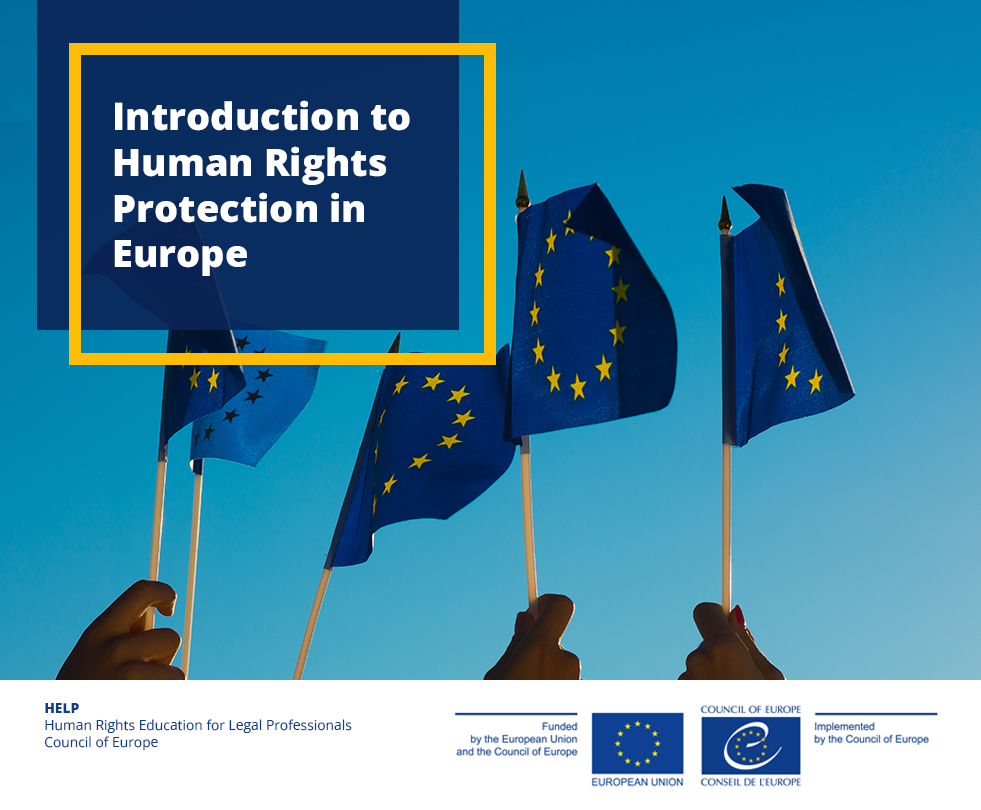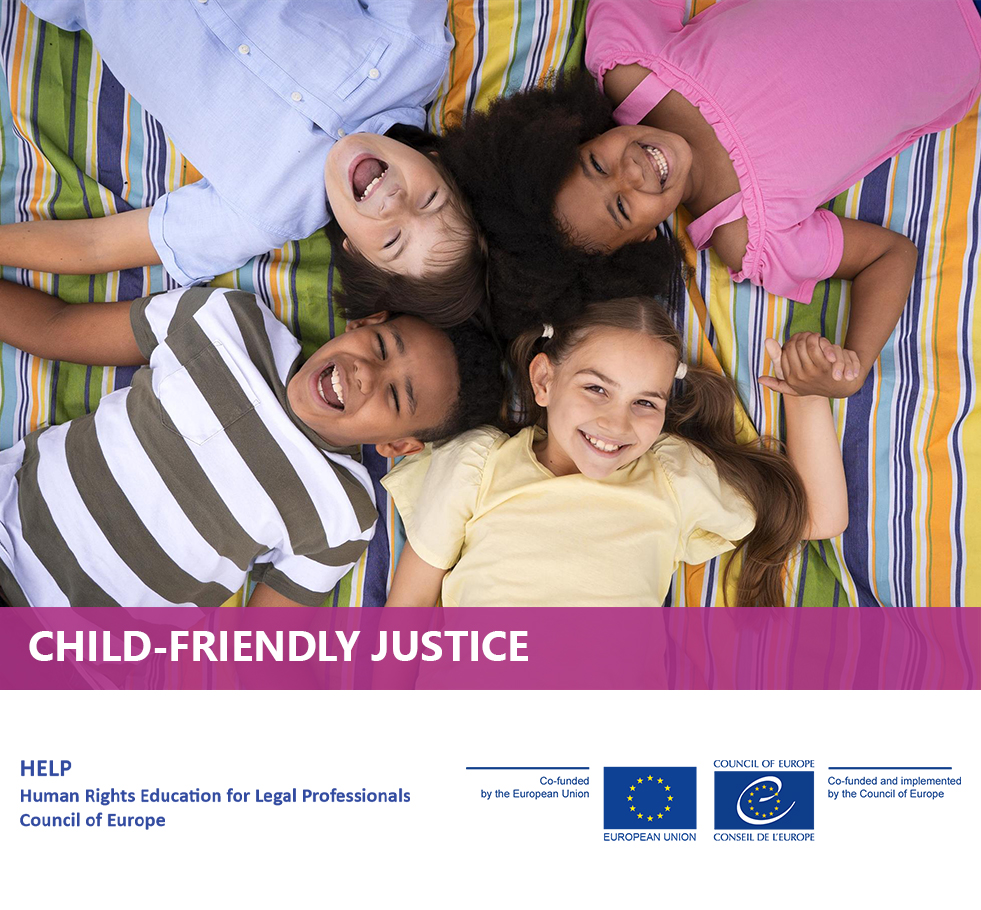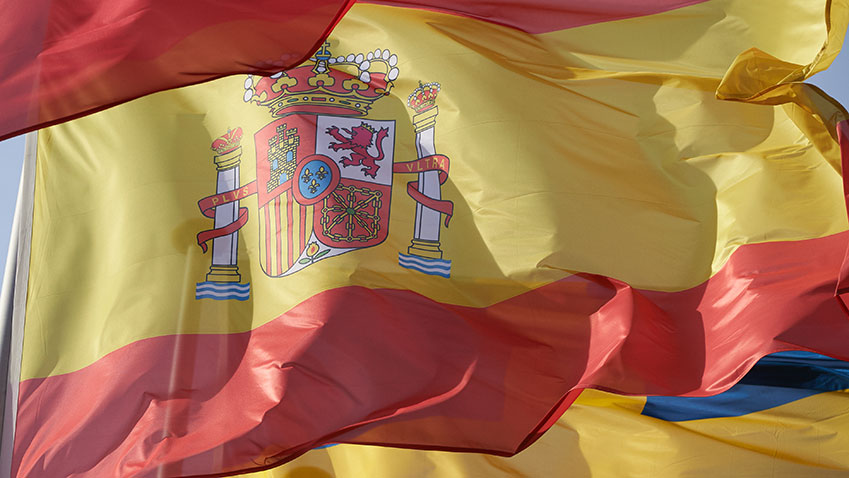The first ever triple online launch of HELP courses took place on 1 July 2020 for Spanish judges, prosecutors and lawyers:
- Introduction to the European Convention on Human Rights (ECHR) and the European Court of Human Rights (new edition including a module on the Execution of Judgments of the ECtHR).
- Refugee and Migrant Children.
- Family Law and Human Rights (launched under European Union-Council of Europe funded HELP Project "HELP in the EU II").
The session, which was held online, was attended by a total of 90 participants from three branches of the legal profession: judges, prosecutors and lawyers. They will benefit from the national versions of the Council of Europe HELP (Human Rights Education for Legal Professionals) courses. This interprofessional composition of the HELP courses makes the learning experience very rich and beneficial for participants, who can exchange views and ideas from their different professional experiences.
Participants were welcomed by representatives from the three national partner institutions that co-organised the event: Jorge Jiménez, Judicial School, Consejo General del Poder Judicial, Elsa García-Maltras, Fiscalía General del Estado, and Julen Fernández-Conte, Consejo General de la Abogacía Española.
Eva Pastrana, Head of HELP Unit, and Eva Massa, Project Coordinator, assisted participants to become familiar with the Human Rights Education for Legal Professionals (HELP) Programme of the Council of Europe.
This was followed by a presentation on each subject provided by the tutors: Rafael Bustos, course Introduction to the European Convention on Human Rights and the European Court of Human Rights, Noemí Alarcón, course Refugee and Migrant Children, and Ana del Ser, course Family Law, and a practical session on how to navigate the HELP platform and the courses.
For the final part of the launch, participants were split into three groups (per course) and had the opportunity to meet the tutor, who will guide them through the implementation of the course for the following three months. Tutors explained to participants how the course is adapted to the national legal context and provided all the details on how to follow and successfully complete the course.
All three HELP courses are available in various languages on the HELP online platform. The Spanish versions of the HELP courses: Introduction to the European Convetion on Human Rights and the European Court of Human Rights and Refugee and Migrant Children include complementary materials related to the Spanish laws, case law and context. The complementary national information of the Family Law course will be only added once the course is first piloted in its first edition.
Spain ranks third in the number of users of the HELP online platform, after France and Turkey. In June 2020, there were over 5,200 Spanish users, out of whom some 1,900 joined after mid-March and almost double from 2,600 in June last year.






